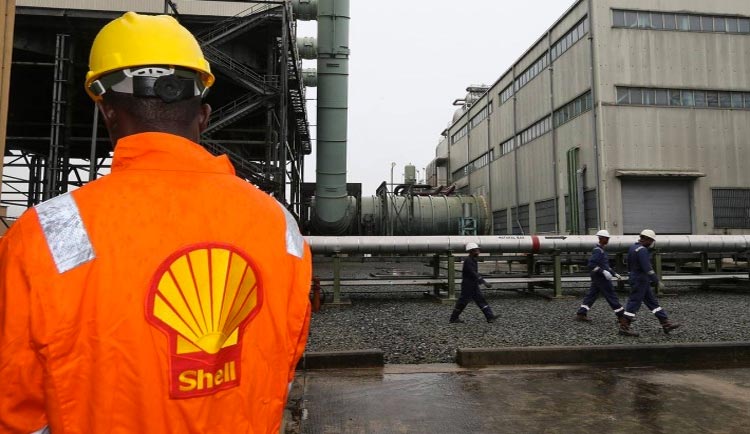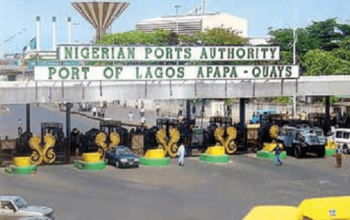In a landmark move, Shell Plc. has announced the sale of its Nigerian onshore oil and gas subsidiary, the Shell Petroleum Development Company of Nigeria Limited (SPDC), for a potential $2.4 billion to a consortium called Renaissance. This deal marks a significant step for Shell in its strategic shift away from the challenges of the Niger Delta region, where its operations have been plagued by spills, theft, and security concerns.
Operational challenges, shifting strategy and government pressure have been quoted as reason for the exit. The Niger Delta has long been a turbulent region for oil and gas companies. Spills and sabotage are frequent, impacting the environment and local communities. Additionally, theft of oil has been a major problem, leading to significant losses for companies like Shell.
Shell is increasingly focusing on deepwater and integrated gas projects, which offer higher returns and lower risks compared to onshore operations in the Niger Delta. The sale of SPDC allows Shell to free up capital for investment in these more promising areas. The Nigerian government has been pushing oil and gas companies to divest their onshore assets and sell them to local players. This deal with Renaissance aligns with that policy.
The Buyer, Renaissance is a consortium of five Nigerian companies – ND Western, Aradel Energy, First E&P, Waltersmith, and Petrolin – and one international energy group. This mix of local and international expertise is seen as crucial for the successful operation of the assets. Shell will receive $1.3 billion upfront for the sale of SPDC, with an additional $1.1 billion potential payment depending on future oil prices and production levels. The deal is still subject to government approval, but if it goes through, it will mark a major change for the Niger Delta oil and gas landscape. Renaissance will take over responsibility for operating the assets, while Shell will focus on its deepwater and gas projects in Nigeria.
The impact of the sale would be Local Participation, Environmental Concerns and Uncertainty for Local Communities: The sale of SPDC to a Nigerian-led consortium is seen as a positive step for local content development in the oil and gas sector. This could lead to more jobs and opportunities for Nigerians. However, some environmental groups are concerned that the sale could lead to a decline in environmental standards, as Renaissance may not have the same resources or commitment to environmental protection as Shell.The future for local communities that have relied on Shell’s operations for jobs and income is uncertain. It remains to be seen how Renaissance will manage these relationships and ensure the well-being of the people living in the area.
Overall, the sale of SPDC is a significant development with far-reaching implications for the future of the oil and gas industry in the Niger Delta. While there are potential benefits for local participation and environmental protection, it is also important to address concerns about the impact on local communities and the environment. The sale of SPDC is not the end of Shell’s involvement in Nigeria. The company will still have a significant presence in the country through its deepwater and gas projects. The Nigerian government is expected to closely monitor Renaissance’s operations to ensure that environmental and safety standards are met. The sale of SPDC could pave the way for other oil and gas companies to divest their onshore assets in the Niger Delta, leading to further consolidation in the industry.





